Gyorgy Bakondi pointed out that changes are occurring at the national level across much of Europe, citing Poland’s recent announcement that it will not implement the migration pact.
Sooner or later, this will lead to a revision of the migration pact, as it fails to meet either the current reality or political expectations,
– he added. He emphasized that, under pressure from their citizens, national governments are seeking solutions, as the situation in several European countries has become untenable. He noted a severe deterioration in public safety, a rise in terrorist attacks, and a significant increase in both the frequency and severity of the most serious incidents.
All of this has led to political dissatisfaction, to the point where 70 percent of the German population now believes that migration policies must change—that not everyone can be allowed in and then permitted to stay, when they are not eligible for political asylum,
– he stated. PM Orban's chief security advisor noted that the crisis in internal security and public safety has resulted in political turmoil and early elections in several countries. However, some aspects remain unchanged—namely, the decision-making mechanisms of European bureaucracies and the European Parliament, as well as last year’s migration pact, which was pushed through at a rapid pace.
Despite claims to the contrary, the pact does include a mandatory quota scheme for distributing migrants. It is also evident that the Soros Plan’s goal of admitting one million illegal immigrants per year is also being realized, each and every year,
– he added. Speaking on Kossuth Radio’s Good Morning, Hungary! program, Mr. Bakondi emphasized that Europe's migration policy may shift due to significant developments in the United States, where the authorities have demonstrated stern determination in combating illegal migration. He noted that the Trump administration has clear and firm objectives, which has caused considerable uncertainty among many European leaders.
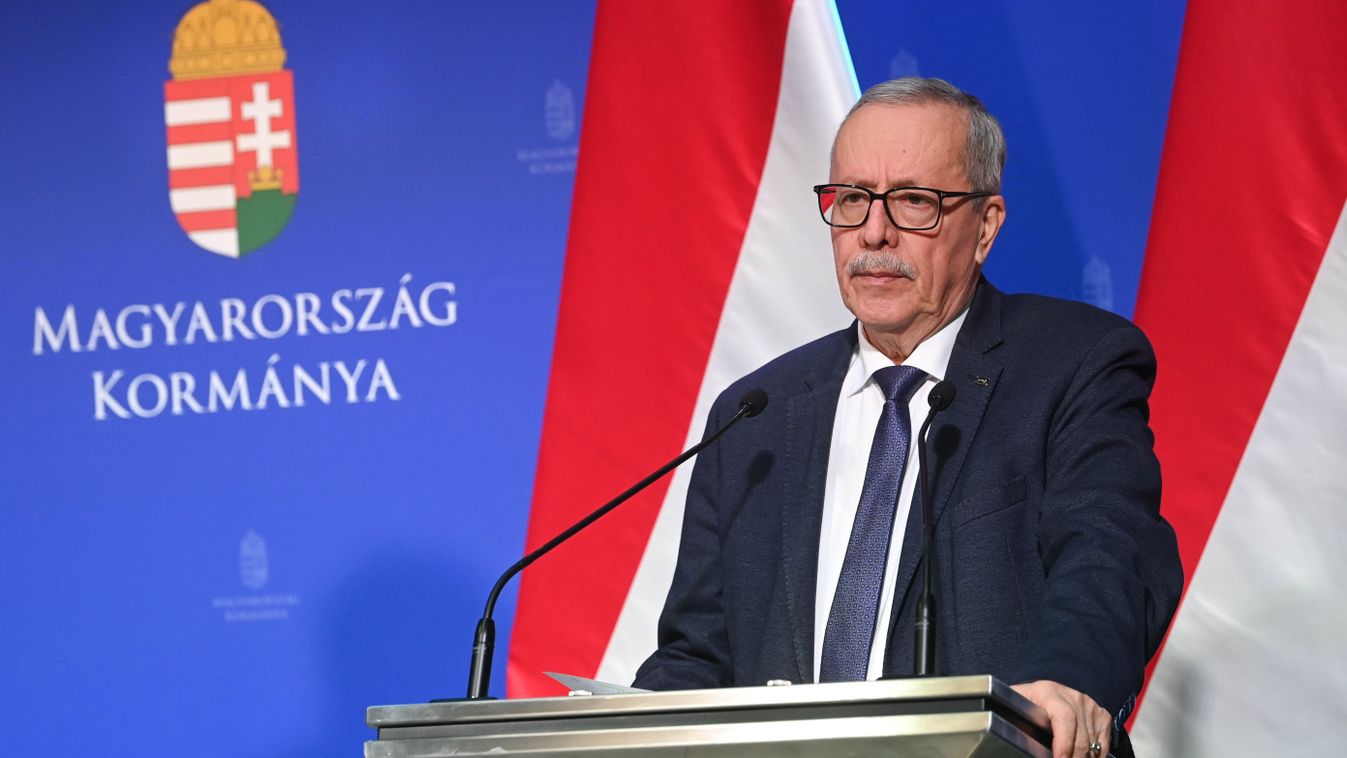


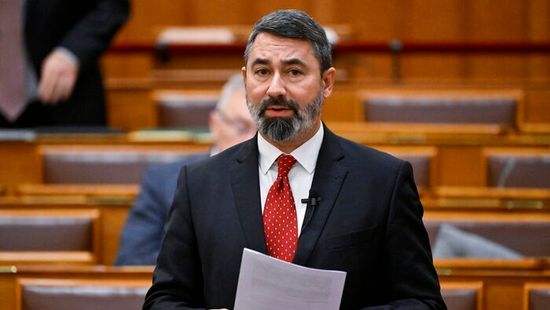
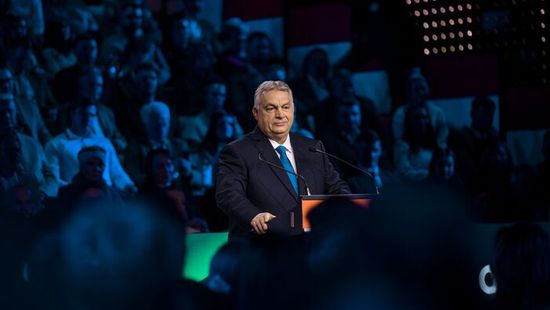

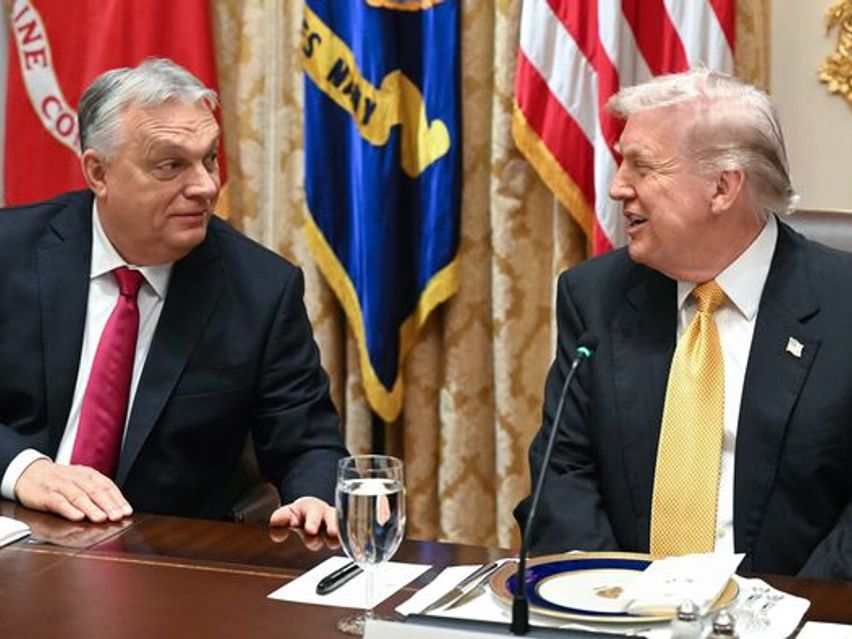
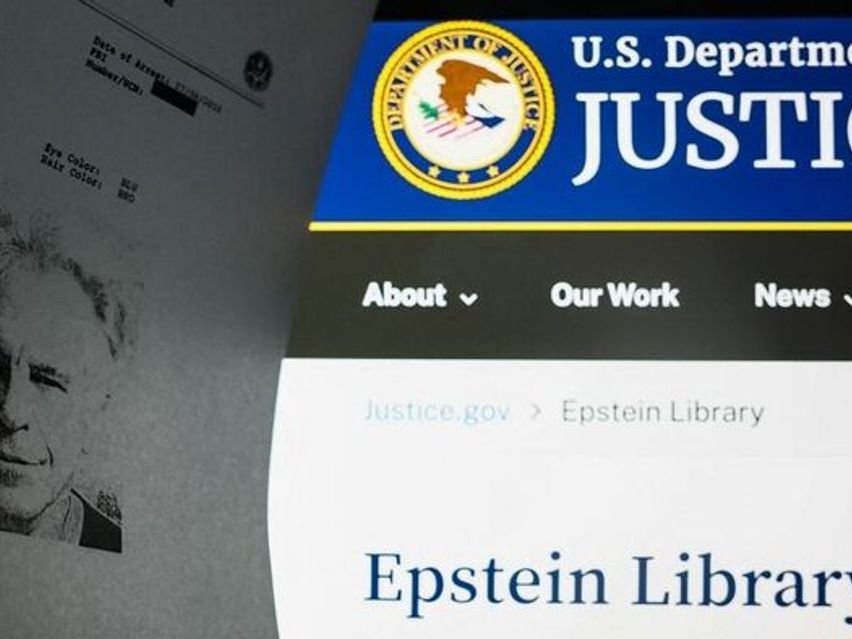





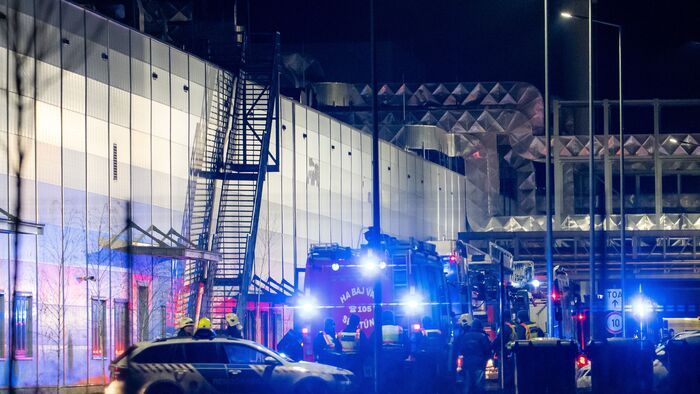
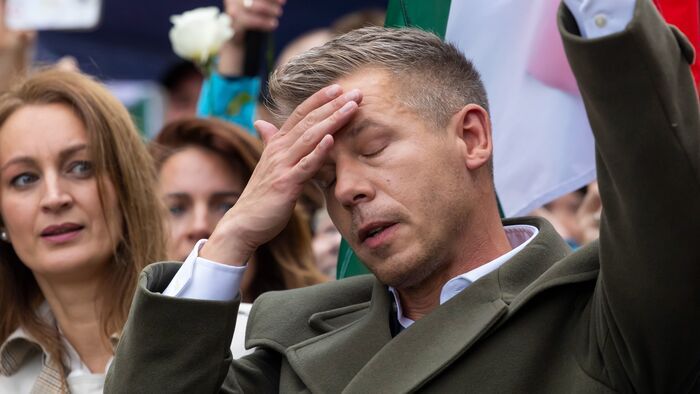
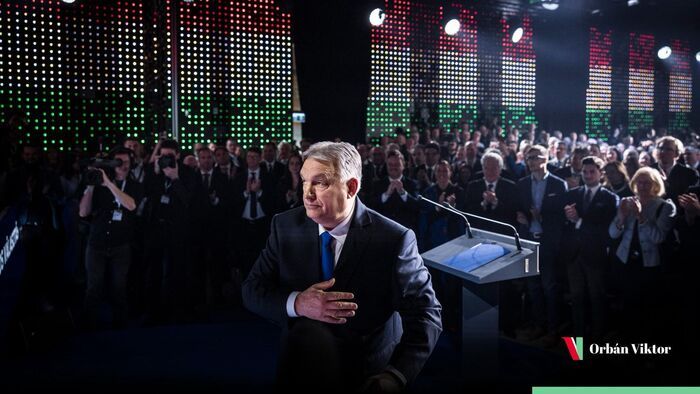
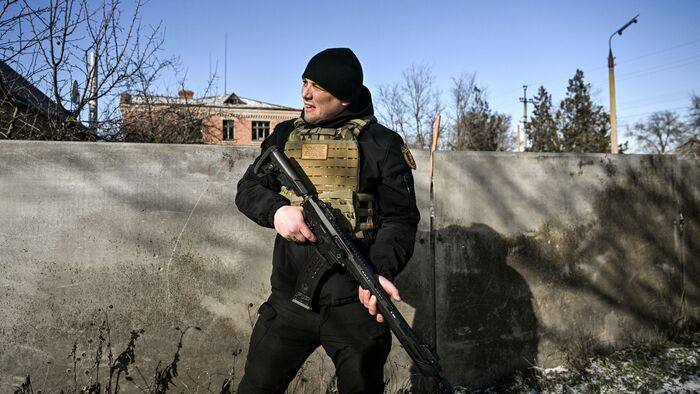
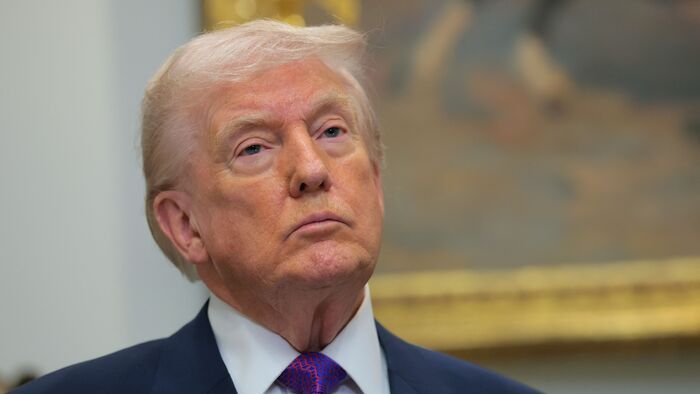





Szóljon hozzá!
Jelenleg csak a hozzászólások egy kis részét látja. Hozzászóláshoz és a további kommentek megtekintéséhez lépjen be, vagy regisztráljon!